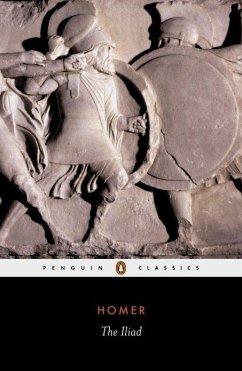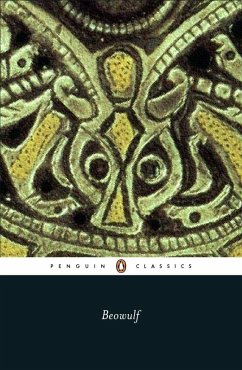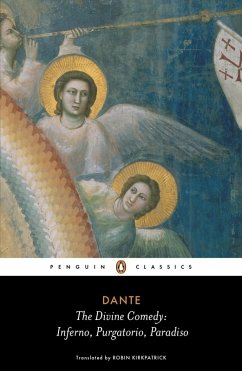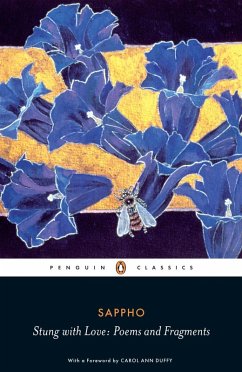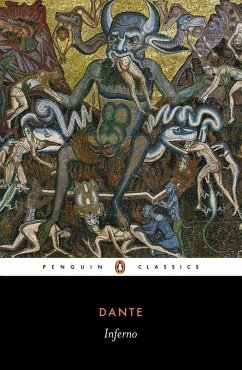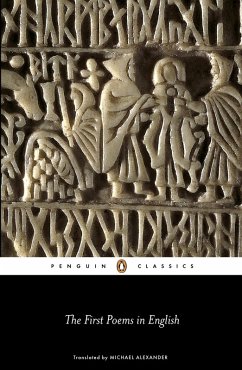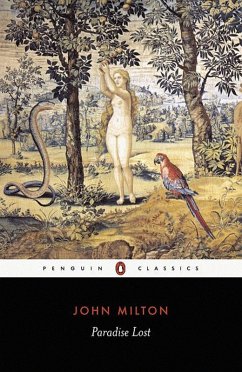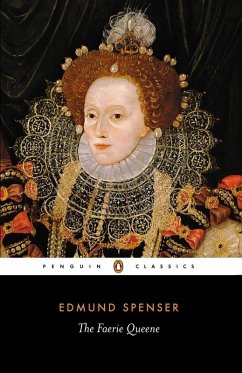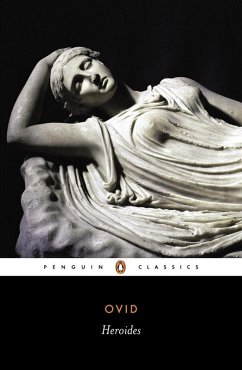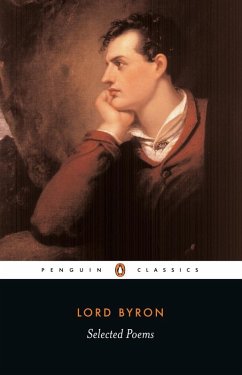
The Odes of Pindar (eBook, ePUB)
Versandkostenfrei!
Sofort per Download lieferbar
8,99 €
inkl. MwSt.
Weitere Ausgaben:

PAYBACK Punkte
0 °P sammeln!
'What Pindar catches is the joy beyond ordinary emotions as it transcends and transforms them' - C. M. BowraArguably the greatest Greek lyric poet, Pindar (518-438 B. C.) was a controversial figure in fifth-century Greece - a conservative Boiotian aristocrat who studied in Athens and a writer on physical prowess whose interest in the Games was largely philosophical. Pindar's Epinician Odes - choral songs extolling victories in the Games at Olympia, Delphi, Nemea and Korinth - cover the whole spectrum of the Greek moral order, from earthly competition to fate and mythology. But in C. M. Bowra's...
'What Pindar catches is the joy beyond ordinary emotions as it transcends and transforms them' - C. M. Bowra
Arguably the greatest Greek lyric poet, Pindar (518-438 B. C.) was a controversial figure in fifth-century Greece - a conservative Boiotian aristocrat who studied in Athens and a writer on physical prowess whose interest in the Games was largely philosophical. Pindar's Epinician Odes - choral songs extolling victories in the Games at Olympia, Delphi, Nemea and Korinth - cover the whole spectrum of the Greek moral order, from earthly competition to fate and mythology. But in C. M. Bowra's clear translation his one central image stands out - the successful athlete transformed and transfigured by the power of the gods.
Translated with an introduction by C. M. Bowra.
Arguably the greatest Greek lyric poet, Pindar (518-438 B. C.) was a controversial figure in fifth-century Greece - a conservative Boiotian aristocrat who studied in Athens and a writer on physical prowess whose interest in the Games was largely philosophical. Pindar's Epinician Odes - choral songs extolling victories in the Games at Olympia, Delphi, Nemea and Korinth - cover the whole spectrum of the Greek moral order, from earthly competition to fate and mythology. But in C. M. Bowra's clear translation his one central image stands out - the successful athlete transformed and transfigured by the power of the gods.
Translated with an introduction by C. M. Bowra.
Dieser Download kann aus rechtlichen Gründen nur mit Rechnungsadresse in A, B, BG, CY, CZ, D, DK, EW, E, FIN, F, GR, HR, H, IRL, I, LT, L, LR, M, NL, PL, P, R, S, SLO, SK ausgeliefert werden.




